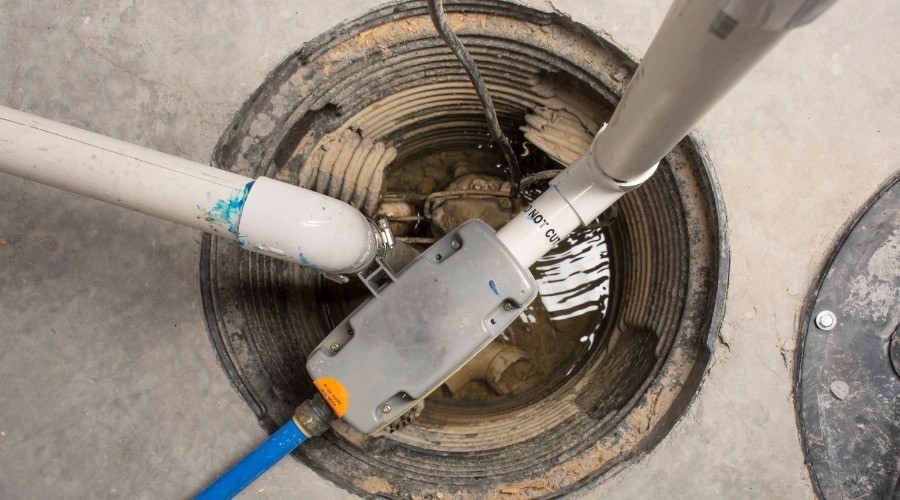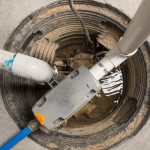What Is a Sump Pump?
A sump pump offers an effective solution for preventing basement flooding and water-related damage during periods of heavy rainfall. For homes in flood-prone areas or with poor drainage, a sump pump system provides a vital defense against rising groundwater. This post explains the benefits of installing a sump pump, the different types available, and why it’s essential to have a backup in case of emergencies.
Benefits of Sump Pumps
 Annual property damage from basement flooding reaches billions in the U.S., but a properly installed sump pump can prevent much of that loss. These systems activate when water reaches a certain level in the sump pit, protecting basements and crawl spaces from standing water. Whether using a pedestal sump pump or a submersible sump pump, the system works tirelessly during storms to keep living areas dry.
Annual property damage from basement flooding reaches billions in the U.S., but a properly installed sump pump can prevent much of that loss. These systems activate when water reaches a certain level in the sump pit, protecting basements and crawl spaces from standing water. Whether using a pedestal sump pump or a submersible sump pump, the system works tirelessly during storms to keep living areas dry.
Beyond structural protection, sump pump installation also contributes to better air quality by reducing moisture levels that encourage mold and mildew growth. This benefit is especially important in preventing respiratory issues and safeguarding stored possessions from damp conditions. Maintaining a stable moisture level around the home’s foundation also helps avoid long-term structural degradation.
Primary Types of Sump Pumps
 Two main types of sump pumps are commonly used in residential installations: submersible sump pumps and pedestal sump pumps. Each offers distinct advantages depending on performance needs and available space.
Two main types of sump pumps are commonly used in residential installations: submersible sump pumps and pedestal sump pumps. Each offers distinct advantages depending on performance needs and available space.
A submersible sump pump sits directly in the sump pump basin and runs underwater, delivering powerful and quiet operation. These models are ideal for homes with frequent or heavy water intrusion, as they are capable of handling large volumes with minimal noise.
On the other hand, a pedestal sump pump features a motor that remains above the waterline, making it easier to service and typically longer-lasting under light-duty conditions. While not as powerful as submersible models, pedestal pumps are often more cost-effective and easier to repair.
Both designs require proper installation and sizing to function effectively and should be selected based on expected water load and sump basin capacity.
Importance of a Sump Pump Battery Backup
While a primary pump may handle most flooding events, severe storms often coincide with power outages, leaving homes vulnerable at the worst times. A sump pump battery backup adds an extra layer of protection during these scenarios. This type of backup sump pump activates when the main pump fails or when electricity is lost, ensuring continuous operation even during grid disruptions.
These battery-powered systems can provide several hours of protection and prevent damage caused by system failure during severe weather. Installing a backup sump pump is especially beneficial in regions prone to extended outages or during times when the home is unoccupied. Mechanical failures, power loss, or an overwhelmed sump pump float switch can all disable a primary system unexpectedly, making backup support a valuable addition to any flood-prevention plan.
About Manny's Quality Plumbing Heating & Air
Manny's Quality Plumbing Heating & Air is a leading plumbing, heating, ventilation, and air conditioning company serving the communities of Greeley and the surrounding Weld County. They operate with honesty and integrity, guaranteeing straightforward pricing and high-quality service from trusted plumbers and technicians. Call them now for sump pump services in Greeley, CO.









